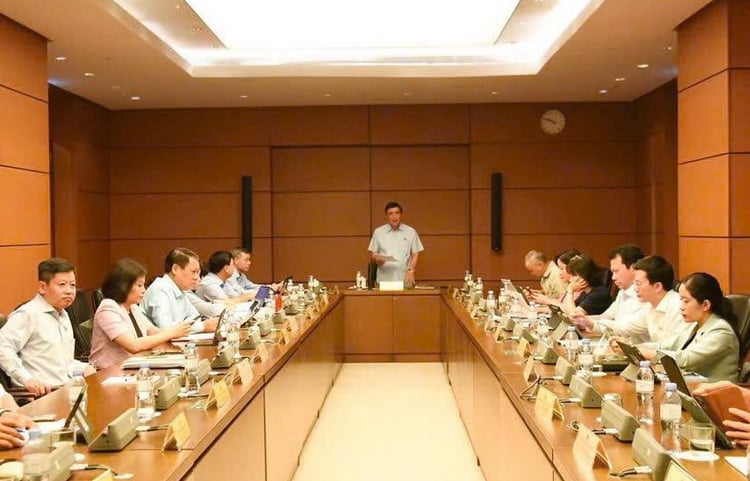
Scene of the discussion session at Group 15 (Photo: Provided by the National Assembly Delegation of Dak Lak province).
Participating in the discussion in the group, delegate Nguyen Thi Thu Nguyet - Deputy Head of the delegation in charge of the National Assembly delegation of Dak Lak province highly appreciated the results of socio-economic development in 2025, especially in the context of operating the 2-level local government apparatus and implementing digital transformation policies, applying science and technology to life. Delegate Nguyen Thi Thu Nguyet emphasized some of the achieved results such as: stable macro-economy, controlled inflation, maintained political security situation, and highly appreciated the "bright spots" in implementing institutions and administrative reforms.
In addition, delegates also pointed out several issues that need attention, such as: institutional reform and improvement of the investment and business environment have not yet been effective in many localities; administrative procedures remain cumbersome, causing difficulties for businesses. Delegates proposed further reduction of procedures, increased accountability and transparency in handling dossiers, especially for key national projects and investment projects at the local level; clarification of the responsibilities of heads of departments, decentralization and delegation of authority in the operation of the two-tiered government apparatus to create favorable conditions for investors and businesses.
Regarding digital transformation and science and technology development according to Resolution 57 and Resolution 193 of the National Assembly, delegate Nguyen Thi Thu Nguyet emphasized the need for synchronization between investment in digital infrastructure and building digital citizens. In reality, although localities have strongly deployed e-government, people, especially in remote areas, still do not fully understand how to use it. Therefore, in parallel with digital infrastructure, it is necessary to invest in raising awareness and digital skills for people to ensure synchronous implementation of digital government and digital society.
Regarding public investment, delegate Nguyen Thi Thu Nguyet stated that the disbursement progress is still slow, mainly due to problems in site clearance, which directly affects project implementation. The delegate proposed that the Government study a special mechanism, separating site clearance into a separate project, to remove difficulties and speed up public investment progress, especially key projects using state capital.
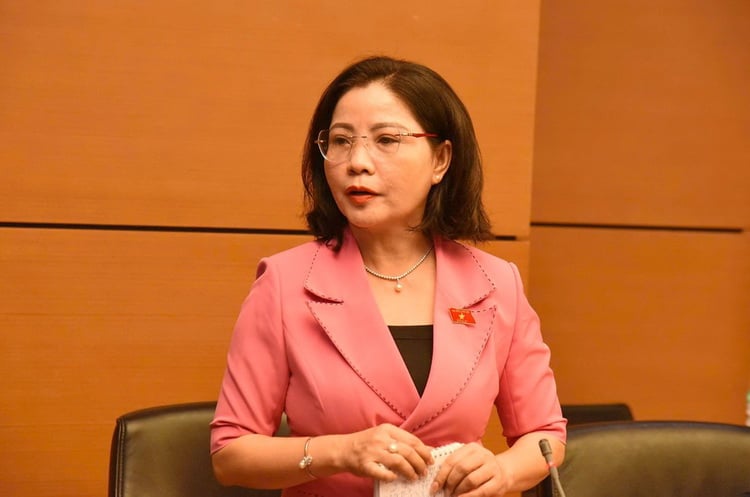
Delegate Nguyen Thi Thu Nguyet - Deputy Head of the National Assembly Delegation of Dak Lak province spoke at the discussion group (Photo: Provided by the National Assembly Delegation of Dak Lak province).
Representative Nguyen Thi Thu Nguyet also stated that after more than three months of operating the two-tiered local government system, the apparatus has basically stabilized, but the number of tasks at the commune level is large, leading to significant pressure. Therefore, she proposed that the Government strengthen inspection and supervision in decentralization and delegation of power, ensuring clarity on the authority and responsibilities of localities, coupled with adequate resource allocation. At the same time, it is necessary to promptly submit to the Politburo for consideration and adjustment the salary and benefits policy for commune-level civil servants to be commensurate with their current responsibilities and work pressure.
Delegate Nguyen Thi Thu Nguyet also proposed a number of recommendations related to localities such as: The Government should soon advise the Politburo to issue a new resolution on socio-economic development, national defense and security for the newly formed region of the South Central Coast - Central Highlands to exploit potentials, advantages and allocate key resources for the new region; it is necessary to deploy a new regional coordination council to strengthen links between provinces and expand the market for agricultural products. In implementing Resolution 57 and Resolution 193 on science - technology and digital transformation, it is recommended that the Central Government consider a more flexible resource allocation mechanism, suitable to the conditions of each locality, avoiding imposing a general spending level of 3% of total budget expenditure, because some provinces still face many difficulties and depend on support from the Central Government.
Regarding the results of implementing the National Assembly's resolutions and the organization of law enforcement, delegates agreed with the Government's report, but suggested the early issuance of decrees and circulars guiding legal documents under the Government's authority to avoid legal gaps and overlaps in implementation; at the same time, it is necessary to evaluate the implementation of specific resolutions, remove bottlenecks, and further decentralize to localities to ensure effectiveness, along with establishing a control mechanism for effective management.
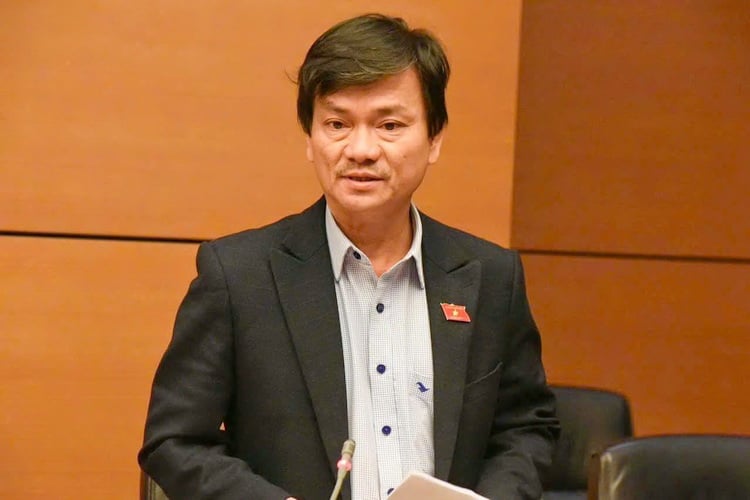
Delegate Duong Binh Phu - National Assembly Delegation of Dak Lak province spoke at the discussion group (Photo: Provided by National Assembly Delegation of Dak Lak province).
Discussing at the group discussion session, delegate Duong Binh Phu - National Assembly Delegation of Dak Lak province basically agreed with the report on the implementation of the socio-economic development plan for 2025 and the planned plan for 2026, and highly appreciated the Government's efforts in implementing solutions for socio-economic development, stabilizing the macro-economy, controlling inflation, promoting administrative reform, improving the investment and business environment and enhancing national competitiveness in the past time.
In the context that the country is still facing many difficulties and challenges, delegates suggested that the Government continue to implement more synchronous, strong and drastic solutions, emphasizing the improvement of the capacity and quality of the staff and civil servants of the State administration, in order to build a streamlined, effective and efficient State apparatus.
To enhance the capacity of administrative officials and civil servants, delegate Duong Binh Phu proposed several solutions such as: reviewing, adjusting, and perfecting the job position scheme; developing a set of quantitative and detailed criteria for evaluating civil servants; reforming the recruitment and examination mechanisms for civil servants, ensuring transparency, openness, and fair competition; improving public service management based on work results, improving the working environment, and linking it with reforming the salary and income system to match capabilities and actual consumption needs; promoting democratization of evaluation work, combining innovative methods based on the principles of objectivity and accuracy; reviewing and adjusting training and professional development programs for civil servants, focusing on improving skills and reforming work attitudes…
Daklak.gov.vn
Source: https://skhcn.daklak.gov.vn/doan-dai-bieu-quoc-hoi-tinh-dak-lak-thao-luan-gop-y-ve-tinh-hinh-phat-trien-kinh-te-xa-hoi-19927.html










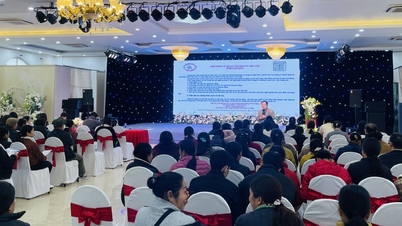



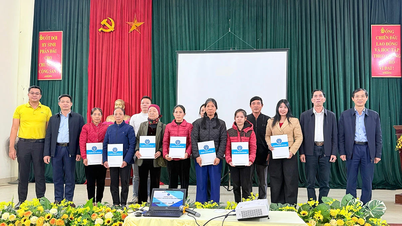



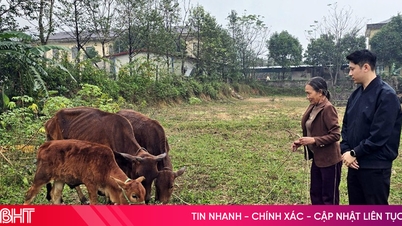





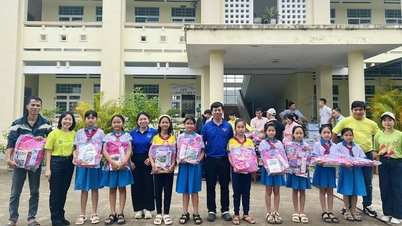
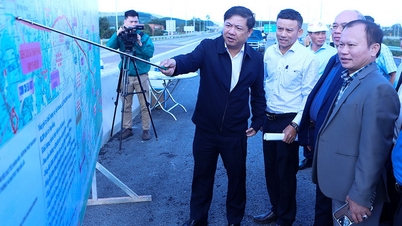
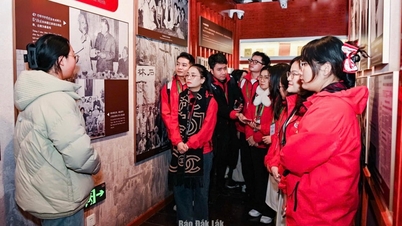
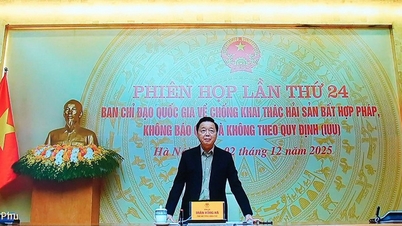
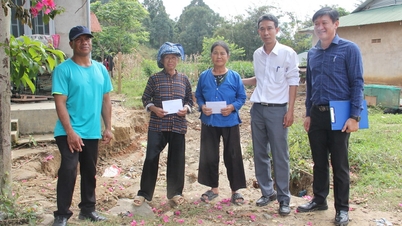
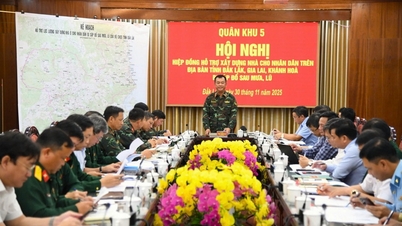




















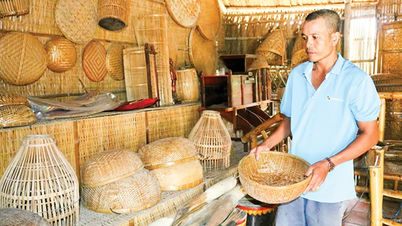

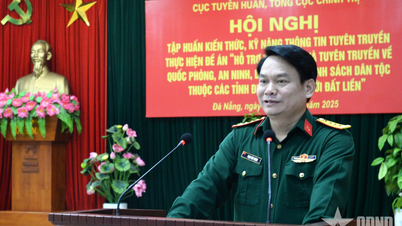








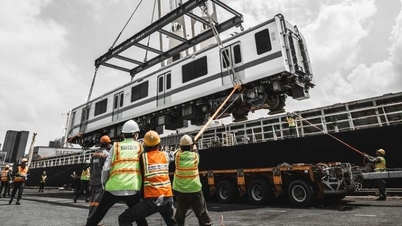











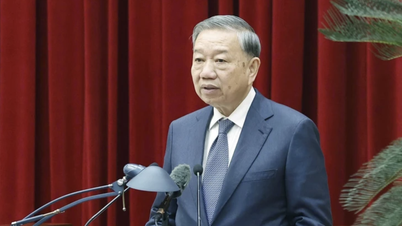


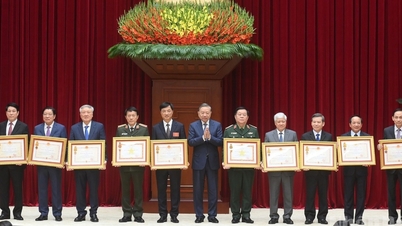
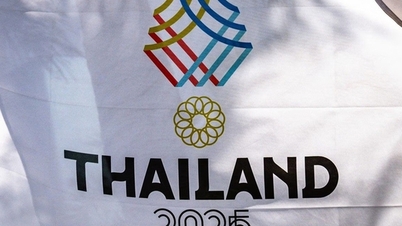




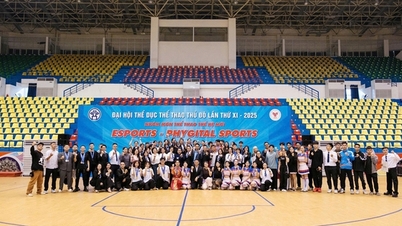
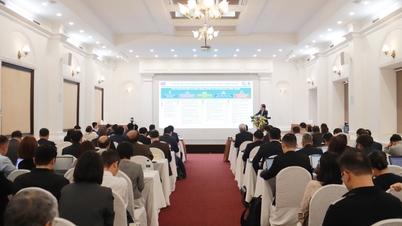


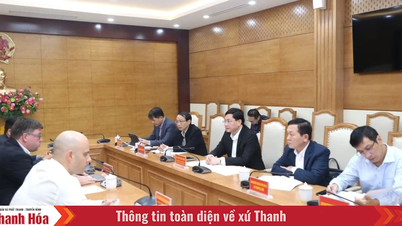

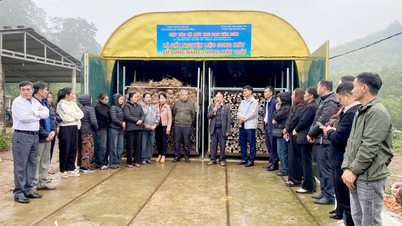

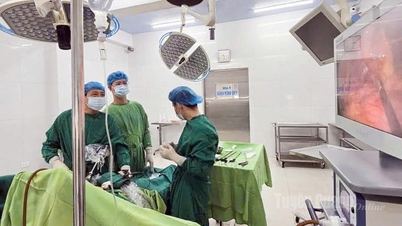
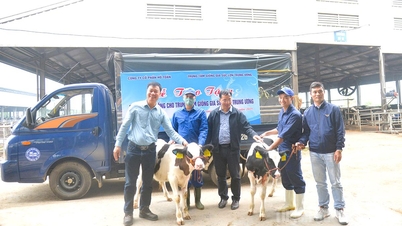
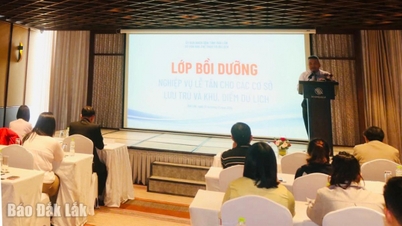













Comment (0)